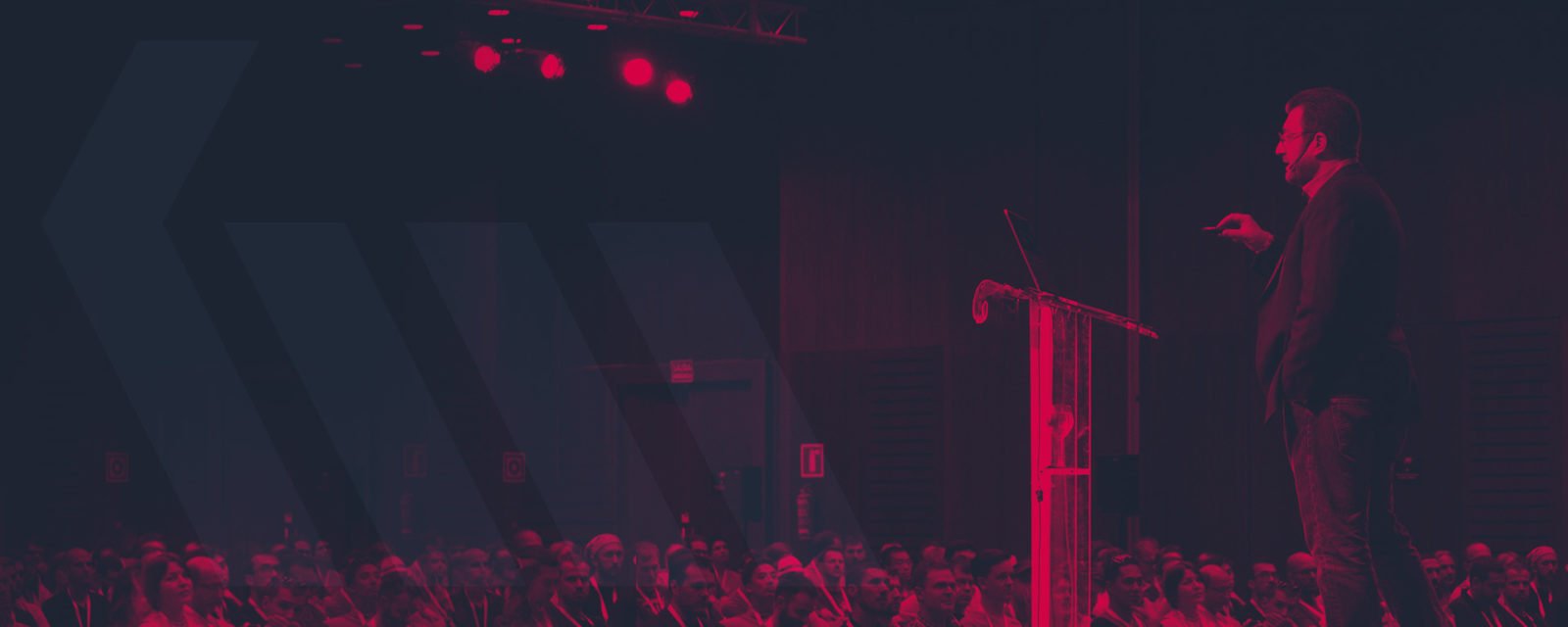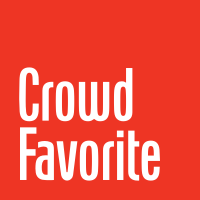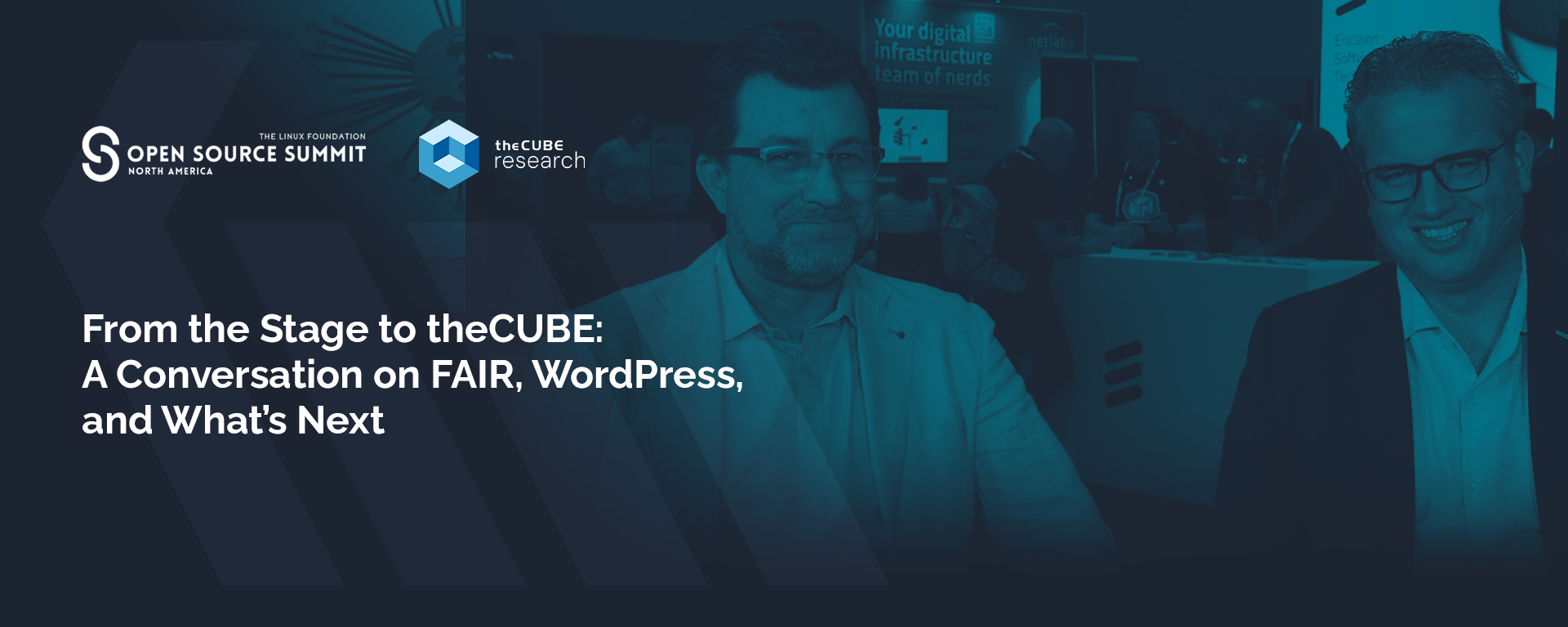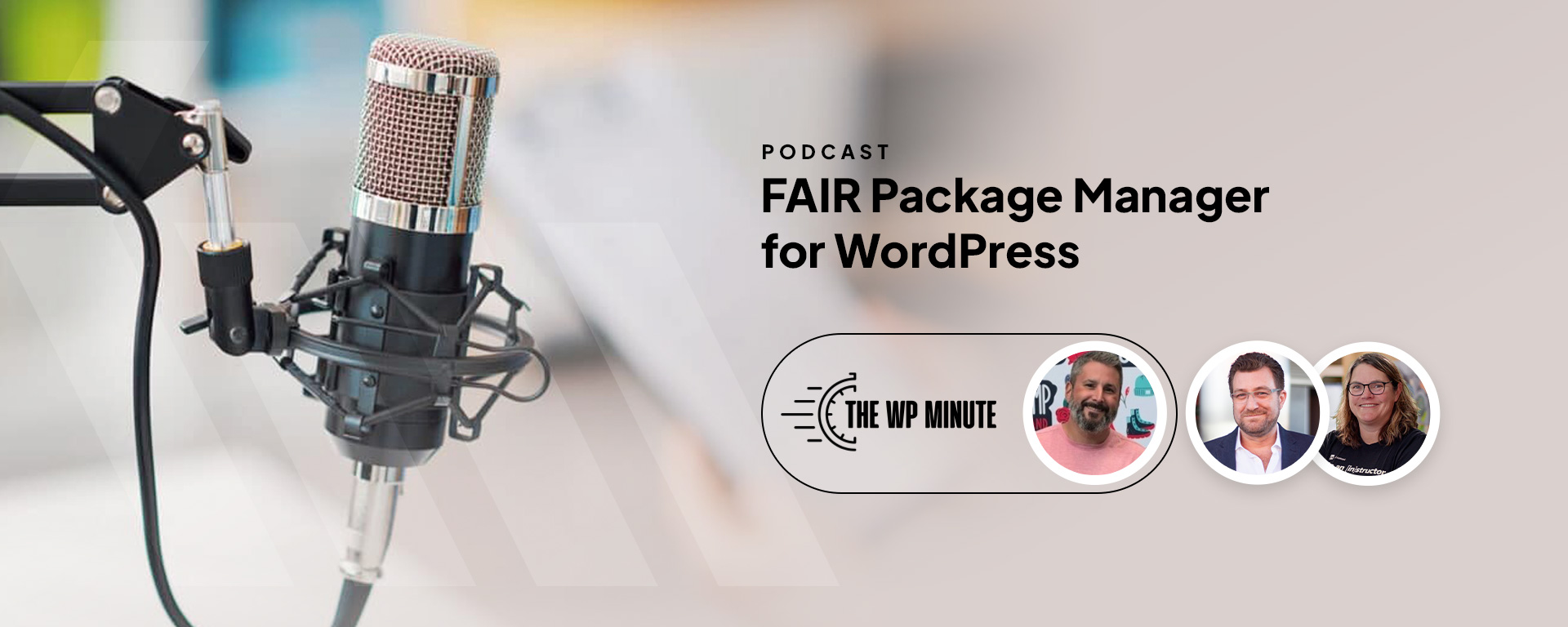
Breaking the Status Quo: A Vision For a New WordPress Business Roadmap
The future of WordPress and its ecosystem, addressing threats and focusing on long-term viability and growth.
Focusing on the Future
WordPress is at a crossroads: The project, the community, the trademark, and most importantly, the ecosystem we've built together. The ecosystem not only sustains us but also creates a significant economy. My point of view starts and ends with the long-term viability of this ecosystem and how we seem to be stuck in a status quo, at best, and a cycle of project drama at worst, rather than focusing on the future. While market threats to open-source need to be addressed, we need to focus on showing a path forward and do it clearly and fast. Supply chain security will not only ultimately tear this project down but also threaten over 50 years of Open Source principles. The SaaS Content Management world outside our community and ecosystem has evolved at an incredible and dramatic rate. Catching up with SMB platform “X” or Enterprise Platform “Y” is insufficient. We need to reflect on where we are going and what it means to have an open-source operating system for the web, and the need for this started long before September 20th.
Unfortunately, the current situation has jeopardized the very fabric of this ecosystem. I have always respected how Matt founded and accomplished amazing feats over the years in building this ecosystem. I have the same respect for WP Engine’s effort and success in introducing enterprise-level services to Managed WordPress at scale. I'm looking at this in pure business terms, and I'm not here to take sides; I believe we need both in a healthy ecosystem. I’m here to say that it is time to build upon the open-source principles that are at our foundation.
We need to prevent a single entity from doing to WordPress what befell other open-source projects that shrank or died while protecting one party’s market position.
How I Approach WordPress as an Open-Web Operating System
In 2007, I found open-source, almost like some find religion; it changed everything for me. I was in the midst of the bell curve of success and then failure of closed proprietary systems, like Microsoft's .net, Vignette, and Websphere. The early Enterprise grade projects I saw led by Matt and Alex King's vision of scaling WordPress for publishers opened my eyes to the fact that there was an alternative.
For those of you who know, you know Alex King was an accomplished designer, a forward-thinking technologist, and a true strategist of how WordPress could be scaled for the Enterprise. Alex opened my eyes to how the lessons learned in publishing could expand WordPress from a Blog or a publishing system and, indeed, to an open operating system for the web. In 2010, I put this into practice by starting to work with one of the world's largest media brand teams in their ambitious strategy of replacing an old custom-built proprietary system with open-source. This is what led to my collaboration with Alex King and his work within Crowd Favorite. In my tenure leading Crowd Favorite, I have tried to extend these ideas within the community with concepts such as “Successfully Marrying Open Source and Large MarTech Stacks,” which I presented at WordCamp Asia last year.
Moving WordPress Forward
For the Ecosystem & End Users.
We need a moment of transition and a clear direction in this current situation. We need a consultative approach, working closely with the community, ecosystem partners, and the existing WordPress infrastructure to guide us from our current position toward a long-term solution that we have yet to define. I believe Joost brings the ideal blend of project experience, community respect, and ecosystem business insight to guide this transition and work collaboratively with Matt and others. I support his outline and stand with Joost and those in the community who have contributed more than I have, saying, “Let’s do this together.” When the open web wins, we all will have a thriving ecosystem and economy; this is why we propose to focus on the most essential critical paths from a business continuity point of view:
- Securing the Supply Chain & Start Modernization
- Convening, Defining & Creating the Commons
- Defining the Roadmap as “the” Open-Web’s Operating System.
- Open Source as a Hub for Innovation
- Focusing on Leading Data Ownership, Privacy, and Accessibility
- Securing the Supply Chain & Start Modernization
The first step is to act on what Joost called Federated And Independent Repositories. It is absolutely imperative that we show the world that we have supply chain security. To create a community Plugin, we should immediately form a collaboration group between independent contributors, multiple hosting companies, agencies, and the broader product community within our ecosystems. Designed from day one to prevent any business or entity from disrupting the supply chain, this group could quickly achieve this goal by leveraging tools like Andy Fragen's Git Updater and then finally adopting signed and verified developer updates.
- Convening, Defining & Creating the Commons
We don't have the luxury of waiting multiple years for the current situation to play out. If we are genuinely focused on creating an operating system for the Open Web with all the advantages of its diversity and depth in creating an entire world of opportunity, we must save the human capital we have created. We need to start the conversation around how we want clear and transparent governance, whether we need an independent infrastructure, or whether we work with organizations like the Apache and/or Linux Foundation to solve many of the current issues. Significant advances in funding project work and recognizing contributions have been made in the Drupal project in equitably recognizing contributions. There are also examples of contributing in different financial ways, as shown in the Typo3 project and its commercial arm. We have seen leadership from the WPCC and need this conversation to evolve quickly. - Defining the Roadmap as “the” Open-Web’s Operating System
Within the details of both Joost’s previous and Hendrik's posts. Modernization of WordPress at every level of the stack is critical. We turned away from “total ease of use” to hyper-focus on a very vertical and deep aspect; this was at the cost of abandoning a clean, easy to use, core that can be used no matter the target market based on the modular base we started with.
- Open Source as a Hub for Innovation
Using open-source software as the core, or hub, of a digital experience not only democratizes innovation—enabling the entire ecosystem and end users to build upon WordPress—but also significantly reduces costs, protects against vendor lock-in, ensures proper data ownership, and puts website owners in control of their business roadmap.
WordPress should be the pliable, customizable core Joost and Hendrik described. We know its strength lies in finding the balance between a solid hub that reduces the burden of ownership and maintenance and the flexibility of adding functions and designing modularly. In the past 5 years, there has been a clear focus on both composability and integration in the SaaS and closed-source content world. WordPress already “had” the advantage here. - Focusing on Leading Data Ownership, Privacy, and Accessibility
With my daily exposure to the mounting regulatory and legal global requirements for the Enterprise and the rest of the Open Web, I also have to say that we must embrace and move just as quickly with how we deal with the GDPR, California's Consumer Privacy Act, the new European Cyber Resilience Act, upcoming and existing Accessibility regulations and CISA/SBOM developments. Today we are making it harder for enterprises and governments to choose WordPress; these same issues will begin rolling down to consumers and start affecting the entire ecosystem faster than we’d like.
If you haven’t already, go read Joost’s post, too and let me know all your thoughts. On Bluesky, X, through DMs somewhere or through my contact form here.
In mid-January 2025, Joost and I plan to convene a group that is willing to work on these five initiatives together. In order for this to succeed, we need all of you at the table. All who make up this ecosystem: individual contributors and companies alike. Let's come together and solve this in the spirit of Open-Source to benefit the entire ecosystem.


